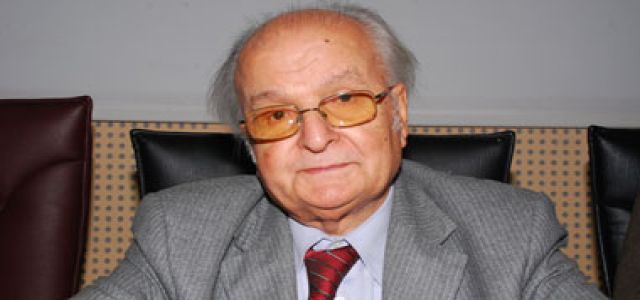|
|||||||||
| :: Issues > Other Issues | |||||||||

The trading of organs in Egypt faces opposition.
Soheila a 32-year-old from the fertile Nile Delta region is one of many people caught up in a thriving trade for illegal organs in Egypt, where there is no legal path to transplants.
|
|||||||||
| Tuesday, December 29,2009 22:02 | |||||||||
|
|||||||||
|
Soheila a 32-year-old from the fertile Nile Delta region is one of many people caught up in a thriving trade for illegal organs in Egypt, where there is no legal path to transplants.
Giving my kidney is better than working in furnished apartments," Soheila told an Egyptian transplant advocacy group. In 2008, police arrested a Syrian and Jordanian over organ trade in Cairo. Eighteen other Islamic countries, including staunchly conservative Saudi Arabia and Shiite Iran, are more liberal than Egypt on transplants, allowing operations from dead donors, said lawmaker Hamdy Al-Sayed, who drafted the law in Egypt. Most of Egypt's commercial living kidney donors are young males, who later regret selling their organs. Commercial living donors, mainly the poor and vulnerable, are thought to supply 10 percent of the world's kidneys, WHO says. It has estimated the price of a kidney in Egypt at $1,700-$2,700. Egypt's parliament is due to vote in the next few weeks on a law that would legalize transplants from brain dead donors and regulate organ donations from the living, Sayed said. "We cannot stop organ trading where the poor sell their organs through dodgy people unless there is a law that criminalizes illegal organ trading," said Alaa Ghannam, director of the health program in the Egyptian Initiative for Personal Rights. "This law is a positive step forward. The law would establish a formal organ waiting list and would bar financial rewards for organ donations. Doctors caught performing illegal transplants may face up to 15 years in jail. To avoid controversy in Egypt, where sectarian tensions sometimes erupt between Muslims and minority Christians, the law would bar transplants across faiths and between Egyptians and non-Egyptians, said Sayed, the law's author. If the law passes, the number of legal transplants performed annually in Egypt could surge to "Once the law is approved, we can start work the next day," said Mohamed Abdel Wahab, a gastroenterologist who works on liver transplants at Mansoura Hospital. As early as 1997, Al-Azhar Sheikh Mohamed Sayed Tantawy issued an Islamic decree, allowingorgan transplants, and vowed to donate his own organs after death. |
|||||||||
|
tags: World Health Organization / Mansoura University / Azhar / Muslim Brotherhood / Iran / Saudi Arabia
Posted in Other Issues |
|||||||||
|
|||||||||
|
|
|||||||||
| Related Articles | |||||||||
|
|






